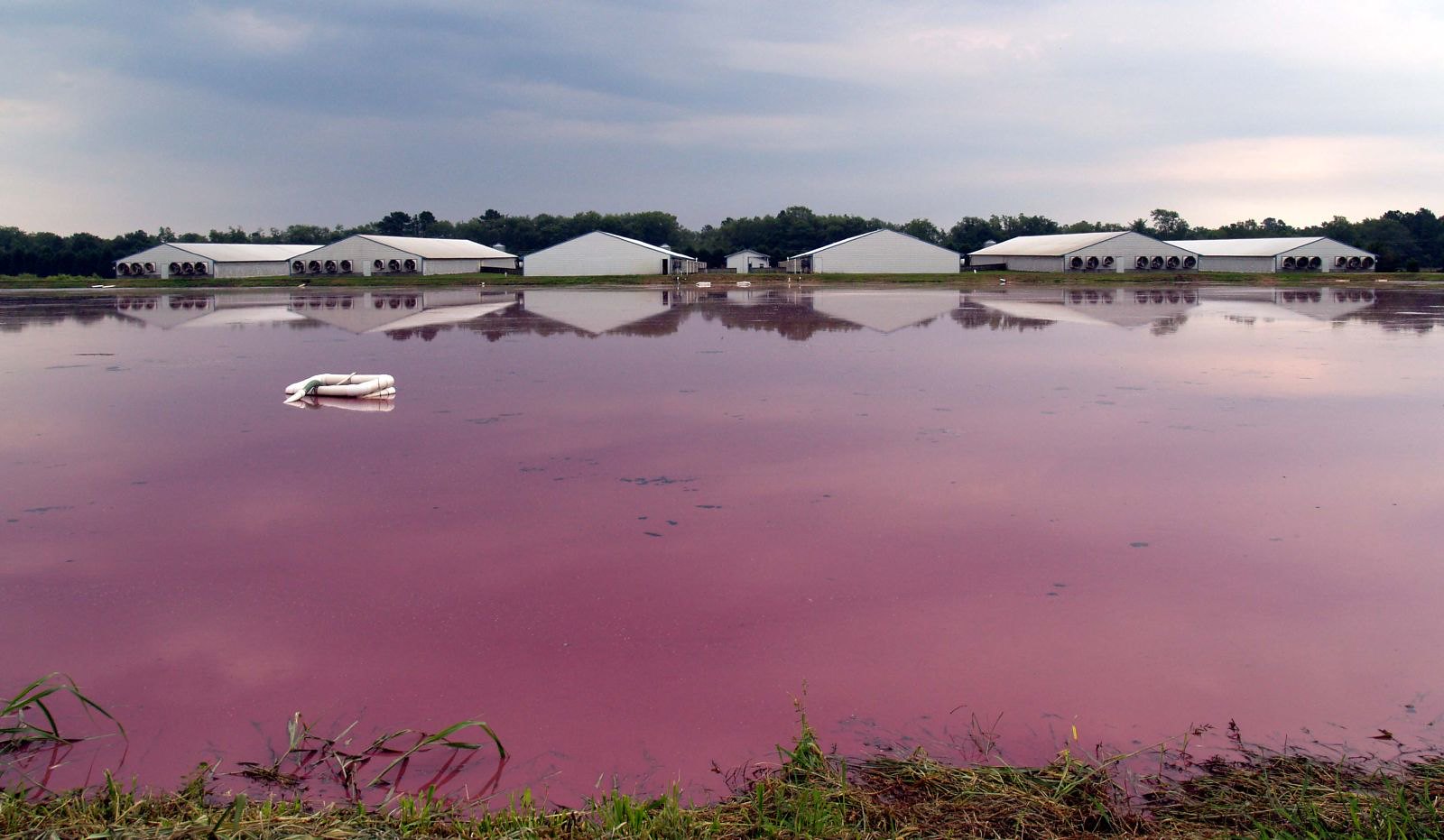
Advocating for Clean Water and Air Near North Carolina’s Hog Farms
The Moore Charitable Foundation is committed to defending the vitality of North Carolina’s rivers, streams, and air. Failure by industrial hog operations throughout the state to reform waste removal systems at Concentrated Animal Feeding Operations (CAFOs) has resulted in increased air, water, and land pollution. Industrial hog operations in North Carolina must install cleaner technology to prevent further harm to nearby communities.
What are CAFOs?
- CAFOs are large industrial agriculture facilities that confine and feed thousands of animals.
- With increased animal concentration comes increased animal waste. In North Carolina, the state’s 9.5 million hogs generate more than 10 billion gallons of waste each year.
- In two North Carolina counties, Sampson and Duplin, there is a 29-1 pig to person ratio.
- The vast majority of North Carolina’s 2,400 hog farms lie in the southeast part of the state in the flood-prone coastal plain.
Why is it important?
- Despite promises made two decades ago to develop cleaner and more sustainable animal waste systems, CAFOs throughout North Carolina still use an antiquated lagoon and sprayfield method to dispose of waste.
- By spraying liquid hog waste onto crops, this harmful, primitive method of waste management:
- Pollutes rivers, streams, and groundwater, threatening the drinking water supplies
- Generates noxious odors
- Causes harmful air pollution
- Threatens the public health of neighbors, who are disproportionately low-income and/or communities of color.
- Eastern North Carolina has seen hurricanes and “100-year” floods that are increasingly severe and frequent, and their impact on CAFOs is devastating as the storms cause flooding and breaching of hog waste lagoons with the certain result of fouling streams, rivers, and drinking water.
- Multiple CAFOs in North Carolina want to install covers over lagoons for directed biogas projects that would trap methane gas, transport it to a processing facility, and inject the refined gas into natural gas pipelines.
- Directed biogas projects are not a solution to hog waste problems; in fact, they exacerbate the many dangerous problems created by the lagoon and sprayfield system, including water pollution from increased methane concentration and destruction to wetlands from pipeline installation.
How we are addressing the issue:
The Moore Charitable Foundation partners with champions who challenge polluters head on through advocacy, community mobilization, and, if necessary, litigation. Those partners include:
- Rural Empowerment Action Community Help (REACH)
- NC Environmental Justice Network
- NC Conservation Network
- Southern Environmental Law Center (SELC)
- National Resources Defense Council (NRDC)
- Waterkeeper Alliance’s (WKA) Pure Farms, Pure Water
- Cape Fear River Watch (CFRW)
- Waterkeepers Carolina